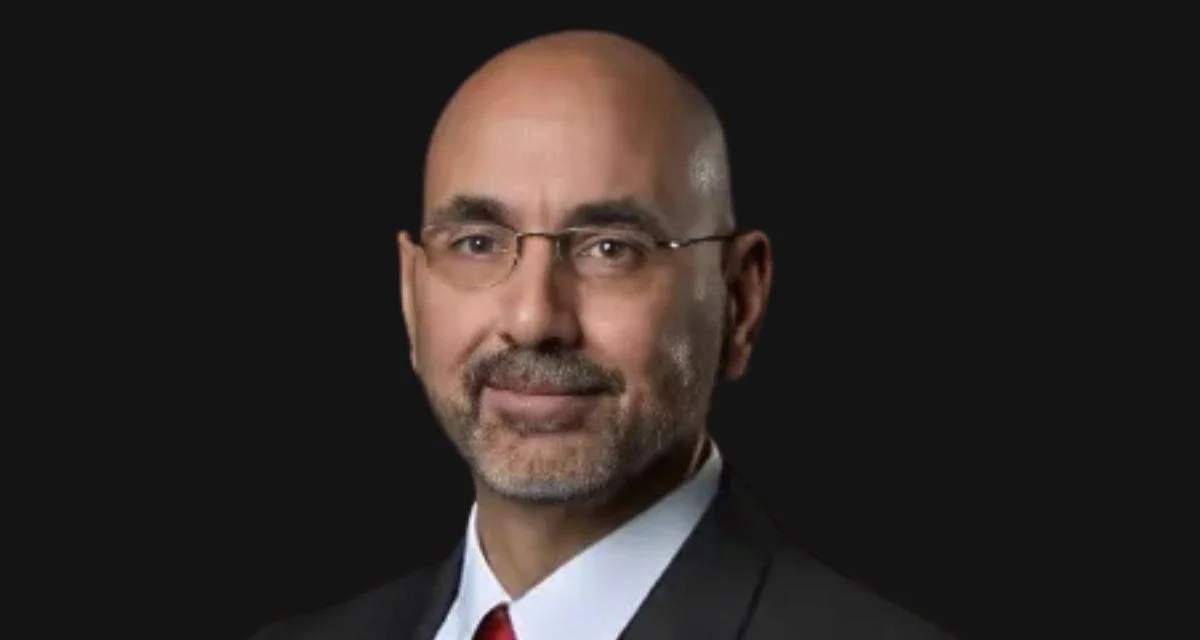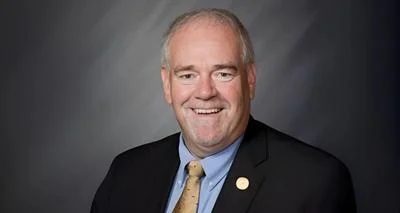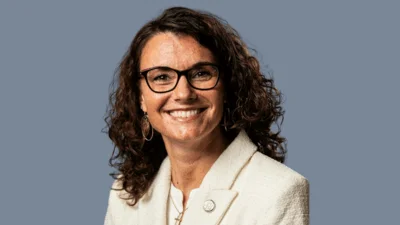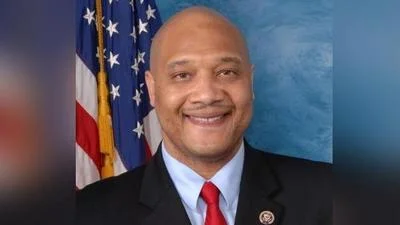Stephen Bartels, Indiana State Representative | Official Website
Stephen Bartels, Indiana State Representative | Official Website
Delivering common sense policy that drives government efficiency is a critical focus for State Rep. Stephen Bartels, who represents House District 74 in the Indiana House of Representatives. Bartels emphasized his commitment to ensuring that Hoosier families and businesses are not burdened by unnecessary government.
"My promise is to strive for efficiency, accountability and respect for the taxpayers' dollars," Bartels stated.
Bartels supported a new two-year balanced budget aimed at cutting taxes while maintaining essential services and preserving Indiana's AAA credit rating. The budget placed emphasis on government efficiency and fiscal responsibility. He also backed property tax cuts intended to encourage local governments to control spending and keep taxes low for residents.
The legislative session included advancing an education reform bill that reduced regulations on K-12 schools by 10 percent and increased local input in education decisions. According to Bartels, "This law removed nearly 35,000 words of code, including lingering COVID-19 requirements, irrelevant and redundant statutes and dozens of unnecessary mandates."
Healthcare costs were another area targeted for reform. Lawmakers worked on improving healthcare cost transparency, requiring greater ownership disclosure, and enacting Medicaid reforms designed to reduce fraud and abuse.
"These new laws and policies continue upon my commitment to reign in government spending and keep taxes low. However, our work does not end upon adjournment of session," Bartels said.
During the interim period between sessions, Bartels serves as vice chair of the Government Reform Task Force. The task force reviews external policies set by agencies and makes recommendations regarding the efficiency of state boards, commissions, and councils. In August, members discussed consolidating or eliminating redundant or inactive boards among the 224 currently operating in Indiana. The General Assembly adds about 3.5 new boards each year.
"To increase government efficiency and combat wasteful spending, our job as legislators is to identify areas for savings," he said. "Reducing the number of boards and commissions in Indiana is potentially one of those areas." Bartels noted that some boards with similar functions could be combined or reformed.
He also expressed support for further deregulation across other policy areas with the goal of streamlining efforts for small businesses, families, and everyday Hoosiers.
"These are just a few of the ideas being discussed during the interim to inform our policy making for the next session," Bartels said. "Alongside my colleagues in the Indiana House of Representatives, I hope to ensure that effective reforms are made at the Statehouse which lead to our government working more efficiently for the constituents we serve."
Bartels encouraged constituents to reach out with their suggestions on how state government can better serve them.






 Alerts Sign-up
Alerts Sign-up